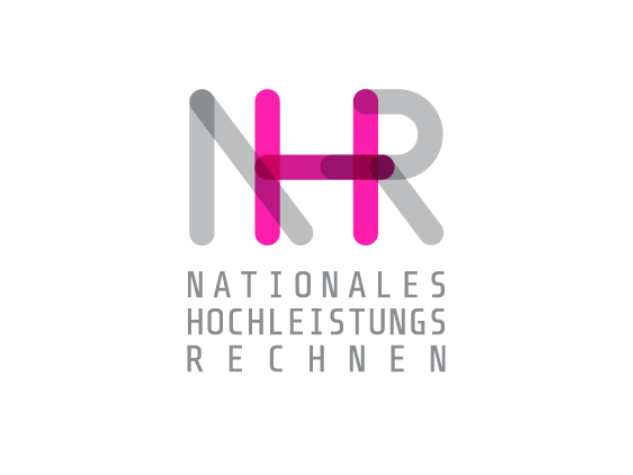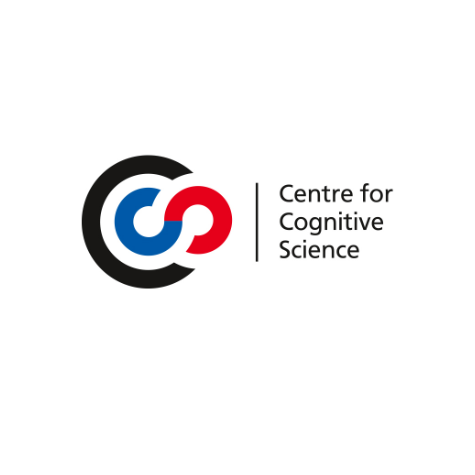Computer Science

Research Areas at the Department
The scientists of the Department of Computer Science combine their diverse research activities in three main research areas. They include both basic research and application-oriented projects and are complemented by further relevant research topics in the individual research groups.


Research Field of I+I at TU Darmstadt
In the research field of Information and Intelligence, TU Darmstadt bundles its research strengths in the profile topics of Artificial Intelligence, Cognitive Science, Complex Interconnected Systems and Cybersecurity and Privacy.















